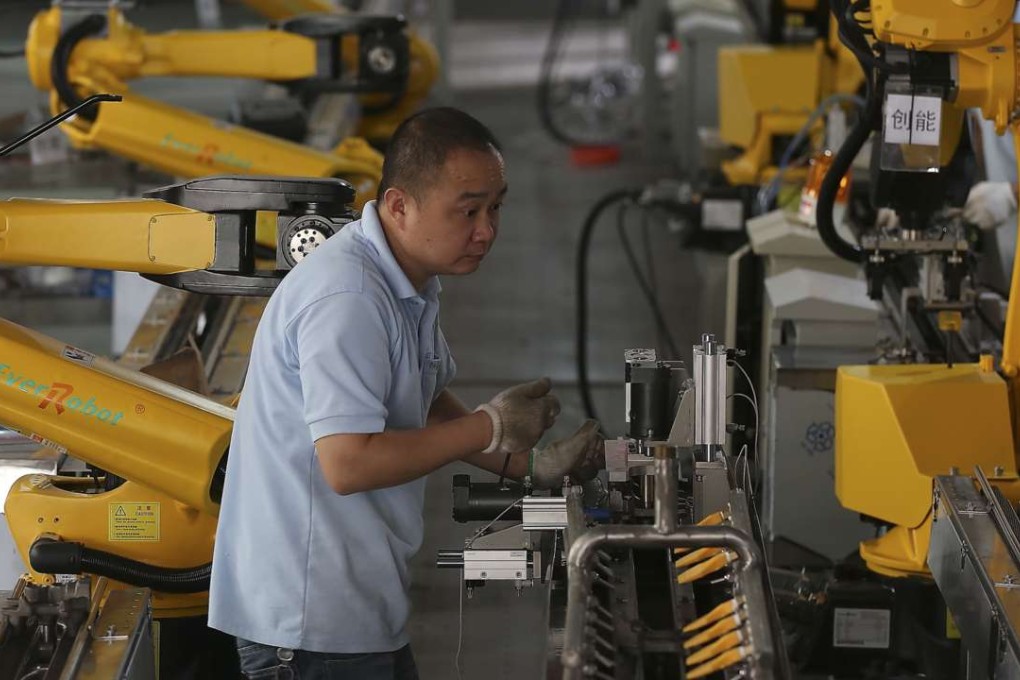Longer hours, worse jobs: are Asians turning into working machines?

“Guolaosi, we are working ourselves to death!” I looked at my interlocutor, a young graduate from a prestigious university in Beijing, and asked what she meant.
“Imagine. Tens of millions of young graduates compete for only several millions of decently paid jobs. We easily work eleven hours a day, spend another three hours in traffic and then retreat to a studio that we share with four others because we still cannot pay the rent. On top of that, our work is not even interesting. We are slowly being turned into human machines.”
Rise of the machines: China’s robotics market can only grow
The phenomenon of guolaosi also appears to exist outside China. It is called karōshi in Japan, gwarosa in South Korea. It was only after I did some research that their true bearing became clear: Asia is experiencing a wrecking labour market crisis. Here’s why.
Between 2006 and 2015, the ten most populous countries in the region created about 135 million new jobs. That seems a lot, but it is not, because the labour force – the number of people between 16 and 65 years old – grew by 245 million during that same period.

In other words, Asia did not generate enough jobs to keep up with population growth. The employment deficit was the largest in India, China, and Pakistan, at 79 million, 23 million and 9 million respectively. To some extent, the effects of this deficit are mitigated, because women often stay home. Nevertheless, this evolution inevitably exacerbates underemployment, informal employment and insufferable competition.